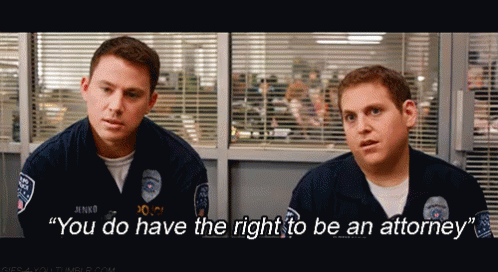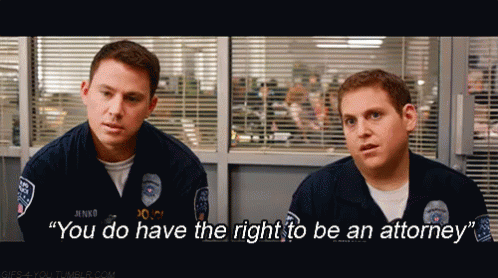Hey Founders et. al. We had some great responses from our recent post about why it’s so hard for founders to find good lawyers. In this edition, I highlight two of the high-level issues identified and try to provide some helpful commentary and thoughts for each.
We’ll be back Friday with our resources and links dump!
#1 - It isn’t clear how to identify a quality lawyer
Eric:
Startups judge a lawyers “quality" on things that are separate from the quality of the work product and whether it is crafted to maximize the odds of a successful outcome. Bedside manner, speed and diligence, and appearance are a few of them.
I agree. There is already some good content from Clerky on this topic. Maybe a more helpful way to think about this problem is to reframe the question from “what is a good lawyer?” to something a bit more approachable like “how does it feel to work with a good lawyer?” A good lawyer will make it easy for you in the following ways:
Education. Does the lawyer make legal concepts easy to understand? They don’t need to teach you everything, but some things need to be explained clearly so that you, the business owner, can make informed decisions. For example, if you are creating a stock plan, has your lawyer explained to you the difference between NSOs and ISOs, how the securities law restricts how many you can grant, and how they may impact your employees taxes? Lawyers should be able to educate you on how the laws interact with the decisions or tasks at hand. Einstein is attributed with the quote “If you can't explain it simply, you don't understand it well enough.” This is true for law, and you should hold your lawyer to that standard.
Risk advisory. What is the legal risk tied to this task or decision? Some things just don’t need that much attention at early stages. A good lawyer should educate you on the magnitude and the likelihood of negative outcomes associated with your decision.
Clear(ish) ROI. By the end of your first few interactions, it should be very clear what you are getting and what you are paying. If your lawyer is not able to provide clarity regarding the process, estimated cost, and the likely outcomes or work product you will receive, then you should be skeptical. I had a trademark attorney once tell me “it’s 50/50” with regards to trademark application. That’s fine, because it truly was a tossup. Just make sure they are able to explain why!
Lawyers are too expensive
Jason and Gama:
“Startups are poor and good lawyers are expensive.”
“Because we can't afford $400-$500/hr service!”
I agree! I also believe the following are equally true:
If you buy quality, you only cry once. Yes, good lawyers are expensive. Not prohibitively expensive. A good lawyer can maximize your budget and work with you. This is likely a gross generalization, but if you are smart enough and resourceful enough to create a successful business, you can find a way to pay for the legal help you need. Below is a good thread re: legal costs and ROI.
However, there is a long tail of diminishing returns as lawyers get more expensive. For general startup matters (incorporation, employment matters, equity matters, some basic IP) lawyers should cost you anywhere between 250-500 / hr. As with buying a bottle of wine, there is an amount you shouldn’t spend below (let’s call that $15) or above (a point for debate, but let’s just say $60). Below $10, you shouldn’t expect to be satisfied. Above $60, your incremental dollar buys marginally less each time and the difference is indistinguishable to the average buyer. The same is true for legal services (at least in these general subject matter areas). You don’t need the most expensive lawyers to do your routine legal work. But you also don’t want to engage those who will do it for a bargain price.
But remember, cheap lawyers (or not using lawyers) can be very expensive. This should be self explanatory. I’ve personally talked to a bunch of founders who had some expensive fixing to do after not following rule #1 above.
You need to do your homework to maximize your ROI on the dollars you do spend on legal services. In between these windows, you need do your homework to find the best lawyer for you. Take your time. A good attorney-client relationship makes all the difference, and a bad one makes… all the difference in the other direction.
That’s all for now. Stay lawyerly,
Brian








